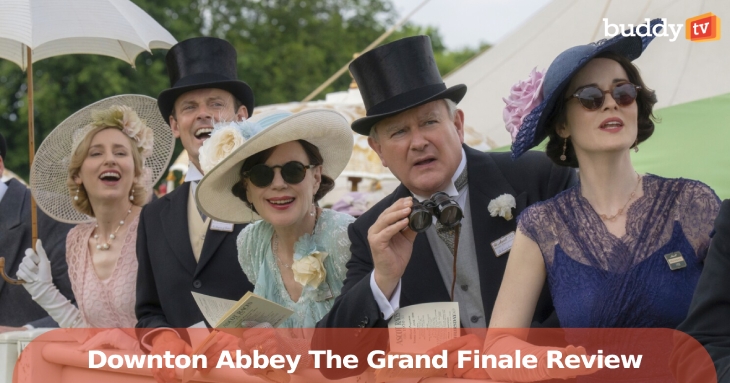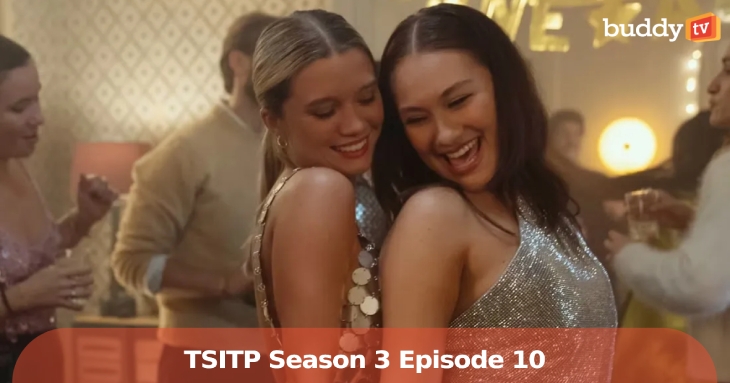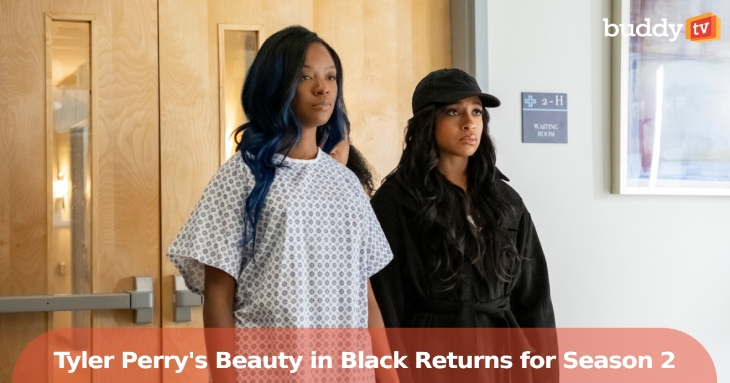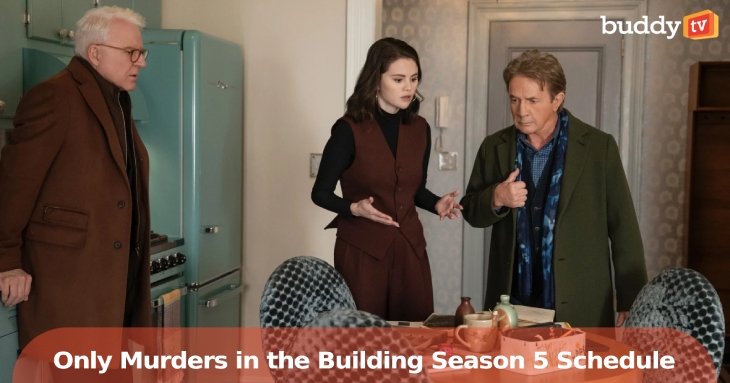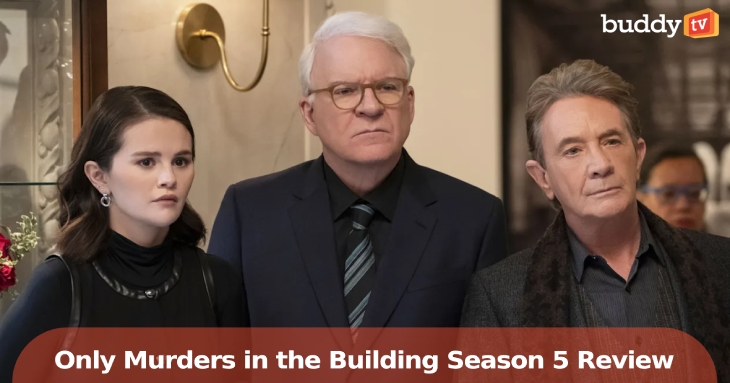The final chapter of Downton Abbey arrives with sweeping gowns, genteel manners, and heavy sentiment. Downton Abbey: The Grand Finale review shows us the Crawley family navigating the 1930s: a changing world, financial instability, social scandal, and the challenges of preserving a legacy. Longtime fans will find much to love. However, for others, the film feels more like a fond echo than a bold farewell.
Setting the Stage: Plot & Principal Conflicts
The film opens in 1930. It plunges the story into a period when modernity begins to creep in. Robert Crawley (Hugh Bonneville) is reluctant to pass control of the estate. Meanwhile, Lady Mary (Michelle Dockery), newly divorced, is increasingly caught between old expectations of aristocracy and a future she must lead. A major scandal erupts when Mary’s divorce becomes public at a high-society event. This threatens both her social standing and her claim to the Crawley legacy. Meanwhile, financial pressures mount from outside — most notably from Harold Levinson (Paul Giamatti), Cora’s brother in America. His deteriorating fortunes drag Downton into uncertainty.
According to Deadline, ‘Downton Abbey: The Grand Finale’ cost under $50 million, while ‘The Long Walk’ cost $20 million.
byu/SanderSo47 inboxoffice
Characters, Themes & Tone
The absence of Maggie Smith — whose character, Violet Crawley, has passed both in the story and in real life — is deeply felt. Critics note her absence leaves a vacuum of wit and moral center that the film only occasionally fills. Mary steps into that space, balancing duty, grief, and the shifting mores of her time. The downstairs staff, too, mirror these changes: younger voices, evolving identities, and the inevitable passing of traditions. Thomas Barrow now lives openly, reflecting how the world below stairs is also transforming.
Visually and tonally, the film remains classic Downton Abbey: lush costumes, a stately pace, and a certain emotional gravity. There are moments of humor, regret, and reflection. However, there is also a sense that much of what we see is comfortable ritual.
What Works — And What Feels Faded
- For fans: The film delivers satisfying arcs — Daisy becomes head cook, Carson and Mrs. Hughes retire together, Anna is pregnant — giving beloved characters a sense of wrap‑up.
- Atmosphere & nostalgia: The attention to detail — period dress, servant hierarchy, stately homes — preserves the world so many have missed.
- Drama & social themes: Divorce in the aristocracy, class tensions, gender expectations — these all remain central, and Mary’s ascent as leader of Downton is handled with care.
But there are drawbacks. Critics argue the stakes sometimes feel muted. Some subplots — closeted romances, staff stories — are included more for completeness than depth. The film largely avoids darker turns. There’s no plunge into the growing political shadows of the 1930s. Additionally, there is no looming specter of the global strife that will follow. Many feel the film plays things safe. It leans heavily on what has come before rather than pushing the franchise into surprising new territory.
Critical Reception
Reviews have trended mixed‑to‑positive. The Associated Press praised the film as “a loving sendoff to the Crawley family,” highlighting its elegance, characters, and its emotional closure. The New York Post lauded its sincerity and moments of resonance. They noted, however, the melodrama is never far from the surface. The Washington Post, by contrast, found the film to be more fan service than fresh storytelling. They said it often feels like “a diluted echo of past glories.”
Conclusion: A Grand Finale — If Not a Grand Revolution
Downton Abbey: The Grand Finale does what it sets out to do: offers a warm, beautiful farewell to its characters and their world. It gives fans closure, honors its past, and acknowledges a changing future. It’s not perfect. For those looking for substantial innovation or darker historical depth, it may feel unfinished. But as a final bow, it’s hard to fault much. It’s a gentle ending for something that was always more about elegance, duty, and tradition than bombast. In the end, the film delivers enough romance, drama, and nostalgia to satisfy — leaving us remembering what made the Crawley saga special.

With a collective experience in film analysis and entertainment journalism, our team, comprised of avid movie buffs, has always been on the frontline of exploring cinematic universes, from the enchanting realms of Disney to the action-packed scenes of the MCU.
Our passion has led us to exclusive interviews with notable figures, early access, and active participation in the industry.
Recognized by the press, we dive deep into various genres, including drama, cartoons, comedy, and foreign films, always eager to bring fresh insights to our readers.
Connect with us or explore our journey to learn more about our adventures in unraveling the magic of the big screen.
